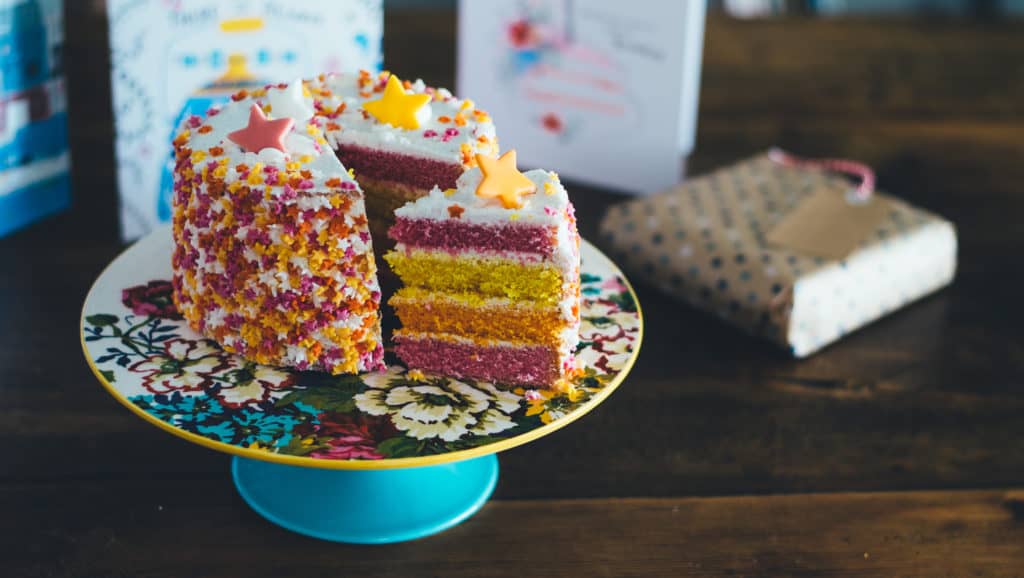A couple of weeks ago we entered a new tax year, and, with it, a new national Budget.
Now, I’m no economist and I’m not going to analyse all the ins and outs.
But this year, there’s one big change which is of interest to me – and should be to anybody else trying to make a bit of extra income online.
As of 6 April 2017, we can now earn an extra £1000 in ‘occasional income’ without paying tax. What’s more, you don’t even have to declare it!
This is great news if you’ve been thinking about trying to make some extra cash, but were put off by the hassle of registering as self employed (although it’s not that bad – honest!).
This has come about partly in response to the rise in the ‘digital and sharing economy’. More people than ever are now earning extra cash through internet-based platforms like Airbnb, Uber or eBay.
George Osborne has called this ‘a tax break for the digital age’.
In a way, it’s the government’s response to the rise of side hustling!
How do I qualify?
There are actually two new tax breaks, totalling £2000. You can earn up to £1000 tax free each on property and trading.
According to the government, the new allowance is aimed at ‘Individuals with small amounts of income from providing goods, services, property or other assets.’
The property category includes things like Airbnb, renting storage space in your home, or renting your driveway. (Note: if you’re an Airbnb host you could also benefit from other allowances such as Rent a Room Relief, but this isn’t an area I have any experience in. Please consult a professional if you need to be sure!)
The trading category includes just about anything else, including selling online, babysitting, cleaning, selling cakes or crafts, dog walking, and any other odd jobs.

If you earn less than £1000 in either category, you don’t have to declare it on a self assessment form. If you earn more than £1000 from any one source, you do have to declare it, but you don’t have to pay tax on that first £1000.
So if you rent out a spare bedroom on Airbnb and make £1000 in a year, then also sell some crafts on Etsy for £1000 profit, you don’t have to pay any tax on any of that £2000. But if you make £2000 from Etsy alone, you will have to pay tax on the second thousand.
According to self assessment tax return data provided by HMRC, over 700,000 people will benefit from these new allowances.
By the way, there are loads of other tax-free allowances available this year, but the ‘trading income’ tax break is the one that really interests me because of my current activities. If you want to know more, this fantastic article by Faith at Much More With Less explains how you can earn up to a whopping £38,230 without paying any tax.
No excuses!
If you’ve been thinking of starting with a side hustle, now’s the perfect time. If you’re a basic rate tax payer, your first £1000 of side income will be worth around 20% more now that you don’t have to put aside any for taxes!
No excuses – you don’t have to worry about registering as self employed or filling in any pesky tax returns until you earn over £1000 per category.
All you have to do now is choose an activity, and get started!
Here are some ways I’ve been making extra money in the past few months:
- Testing websites
- Designing mugs and T shirts to sell on Amazon
- Reselling second hand books and DVDs
- Completing easy tasks on Cashback
- Matched betting (actually matched betting income is tax free anyway because it’s classified as gambling wins… even though it’s predictable and low risk 😉 )
Do you think this tax break will inspire you to start a side income? I’d love to know what you’ll do to make extra cash!
Please remember I’m not a tax expert and you should consult an accountant if you’re unsure about any of this.

I am really enjoying your blog!
Thanks Rae!
Hi
Great article. I have a question. I work full time but I have a side venture I started last July. Iv made about £700 do I need to tell hmrc or I’m I exempt?
I believe you are exempt if you don’t go over £1000 from your side venture in one tax year. It may depend on the exact nature of your business though. The official guidelines are here: https://www.gov.uk/guidance/tax-free-allowances-on-property-and-trading-income
Please note I’m not a tax professional so if you’re unsure you should ask HMRC or an accountant!